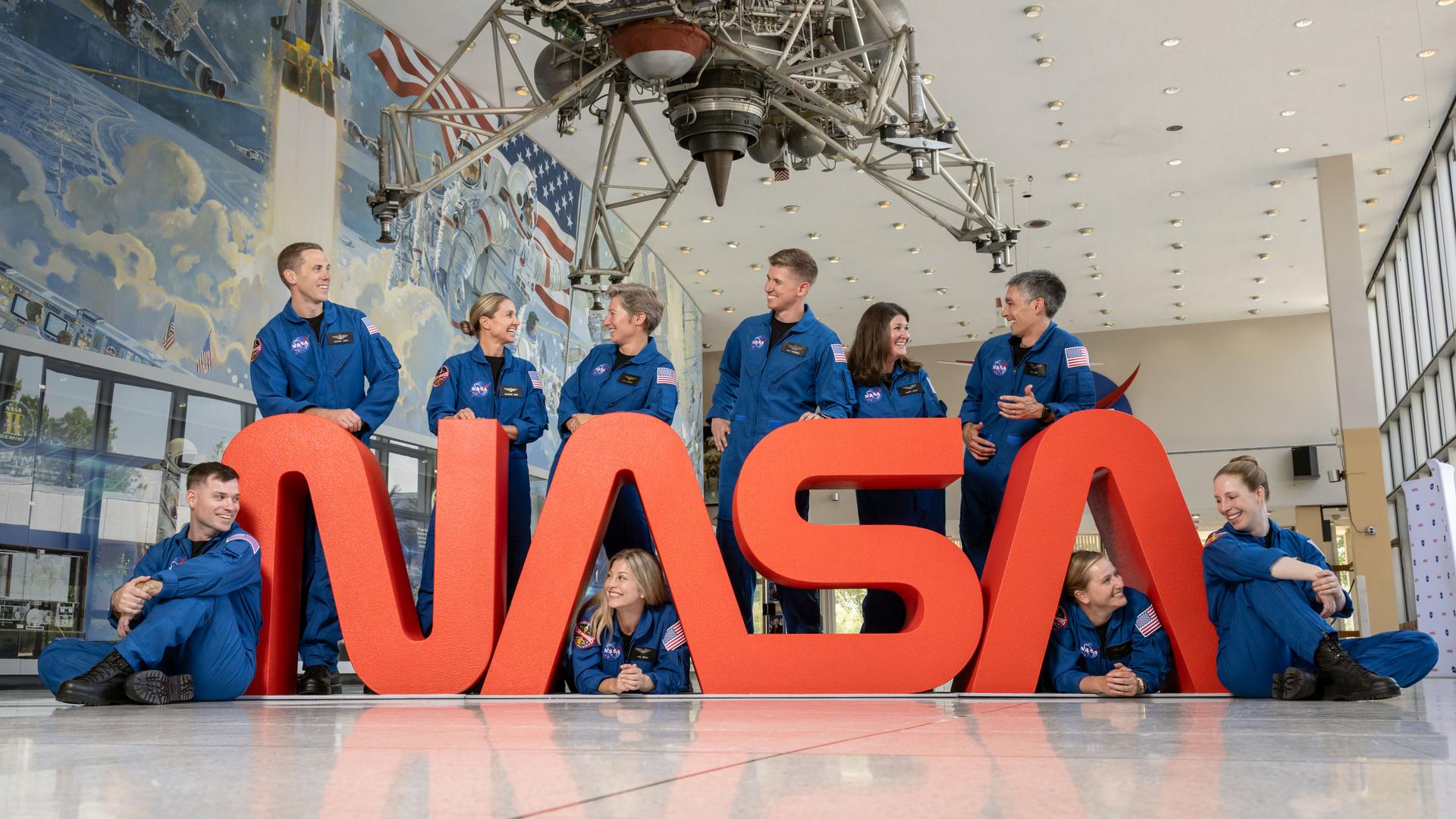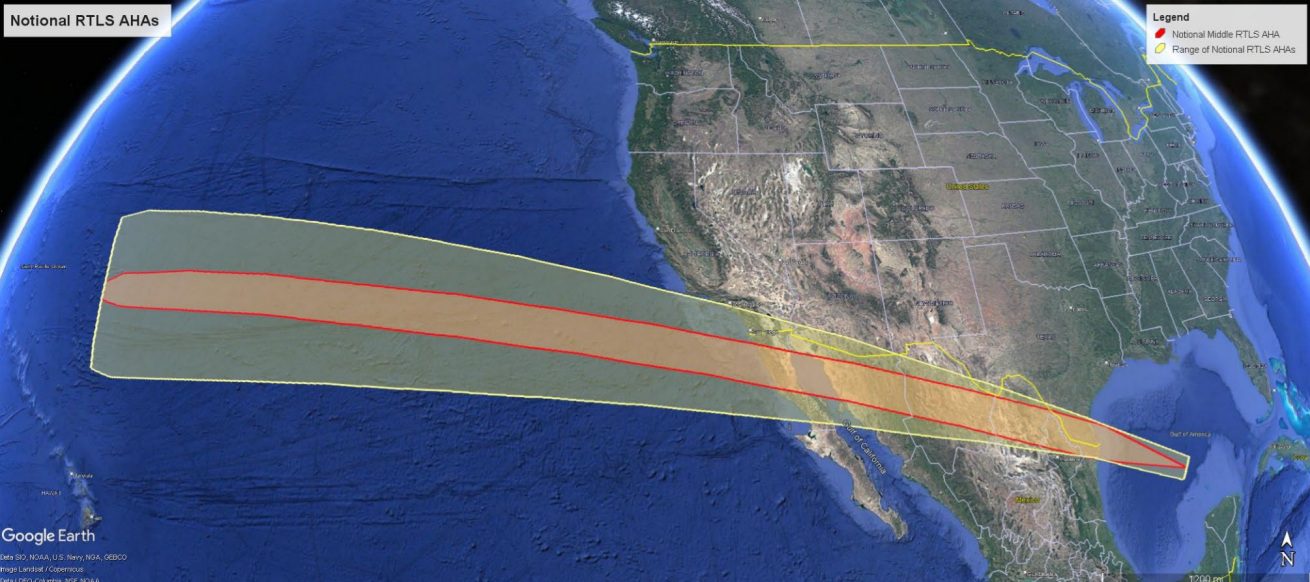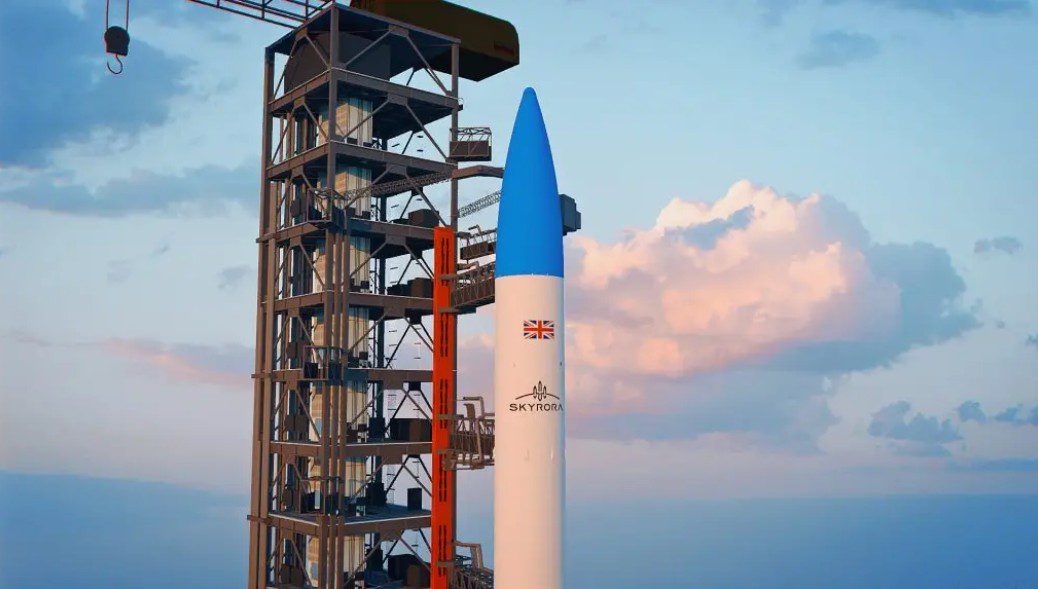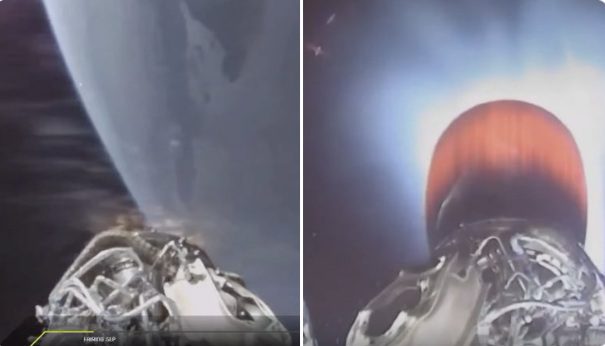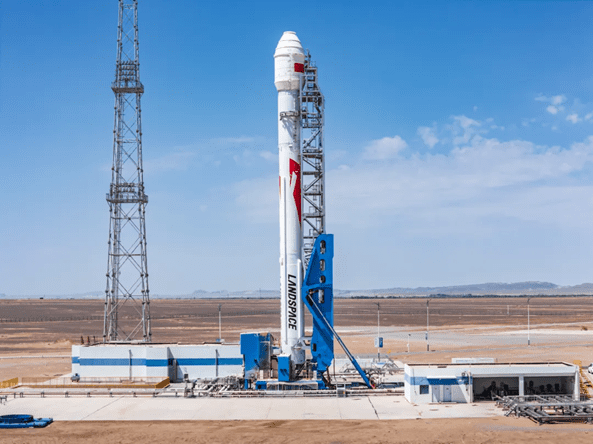Malta has signed a co-operation agreement with the European Space Agency, leaving only Bulgaria among European Union member states with no formal ESA relationship; the Czech Republic and Romania recently became ESA members, and accession talks are underway with Poland.
Discussions with ESA started in 2004 through the Maltese Embassy in Paris. The priority areas for Malta in research are telecommunications and satellite technology, as well as high-technology engineering (for example, Micro-Electro-Mechanical Systems and nanotechnology), according to ESA, which adds that the physics department at the University of Malta has a number of research interests in space activities.
Maltese prime minister Lawrence Gonzi said top priority was education: “This cooperation agreement with ESA would result in new training and research opportunities for Maltese students and researchers, access to state-of-the-art equipment and facilities, as well as the possibility of networking with ESA researchers.
“Investing in research and innovation would create the right conditions to grow alongside manufacturing and other economic sectors.”


